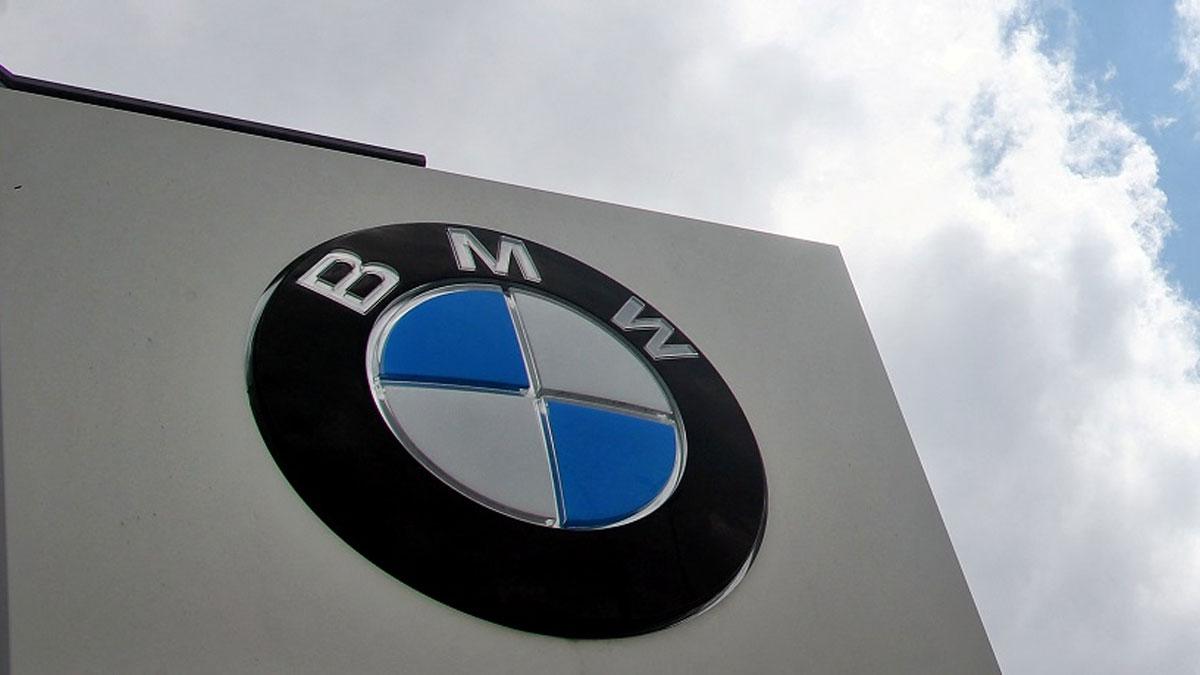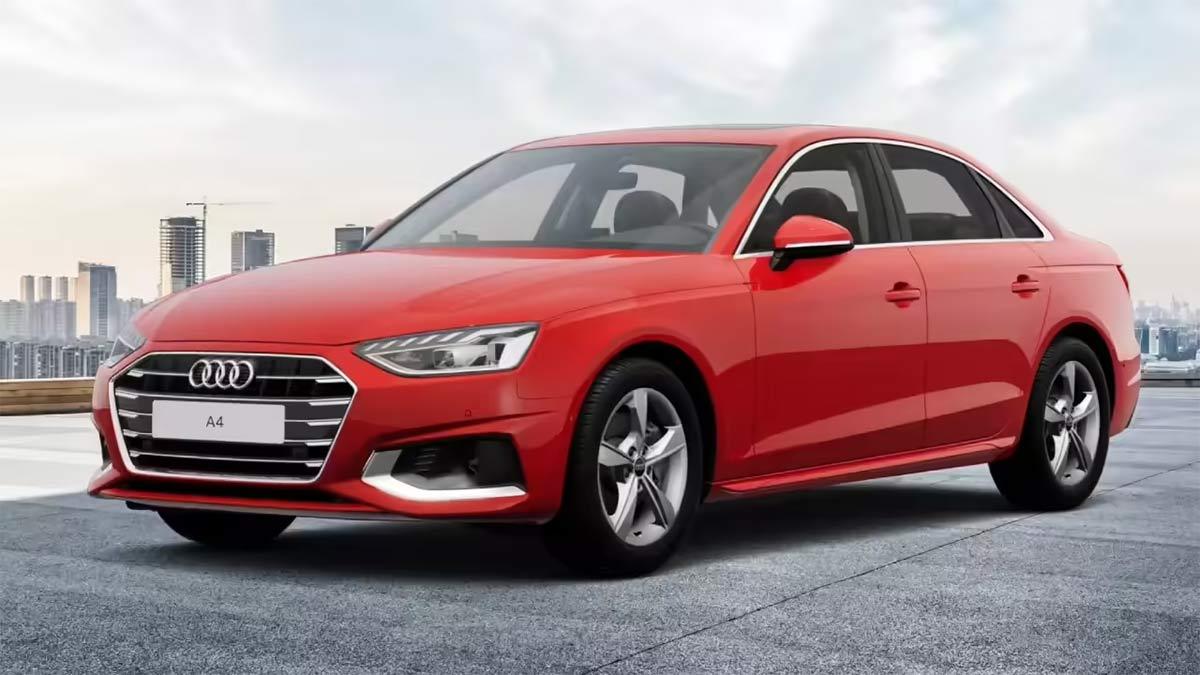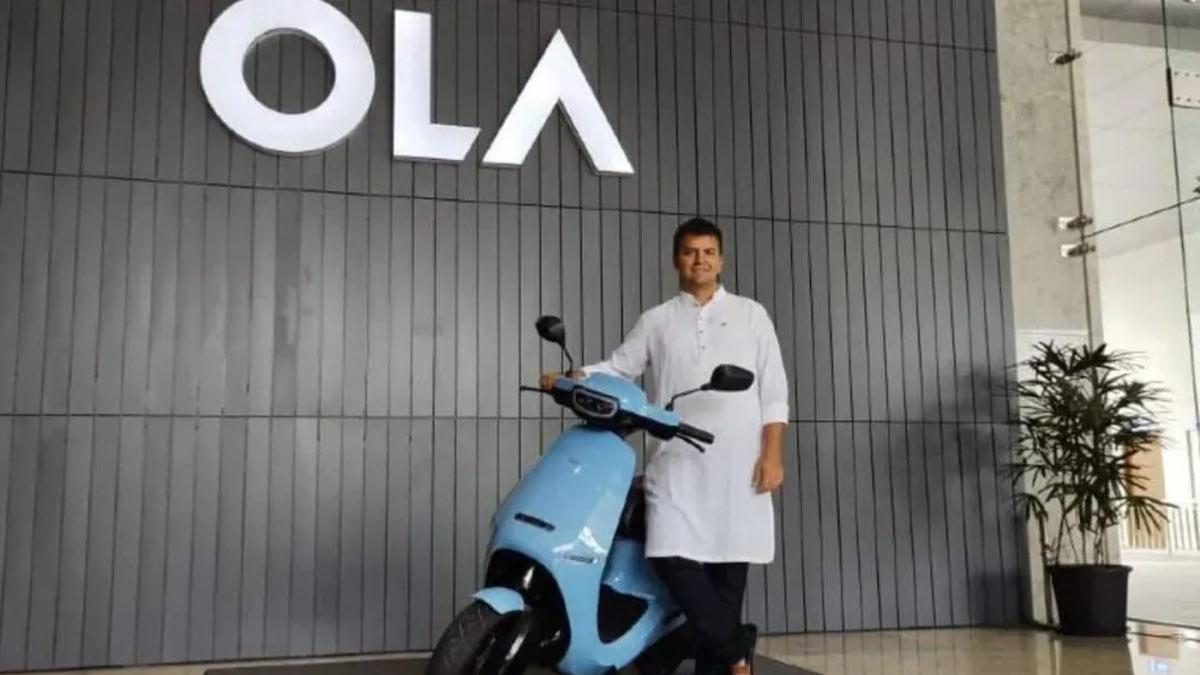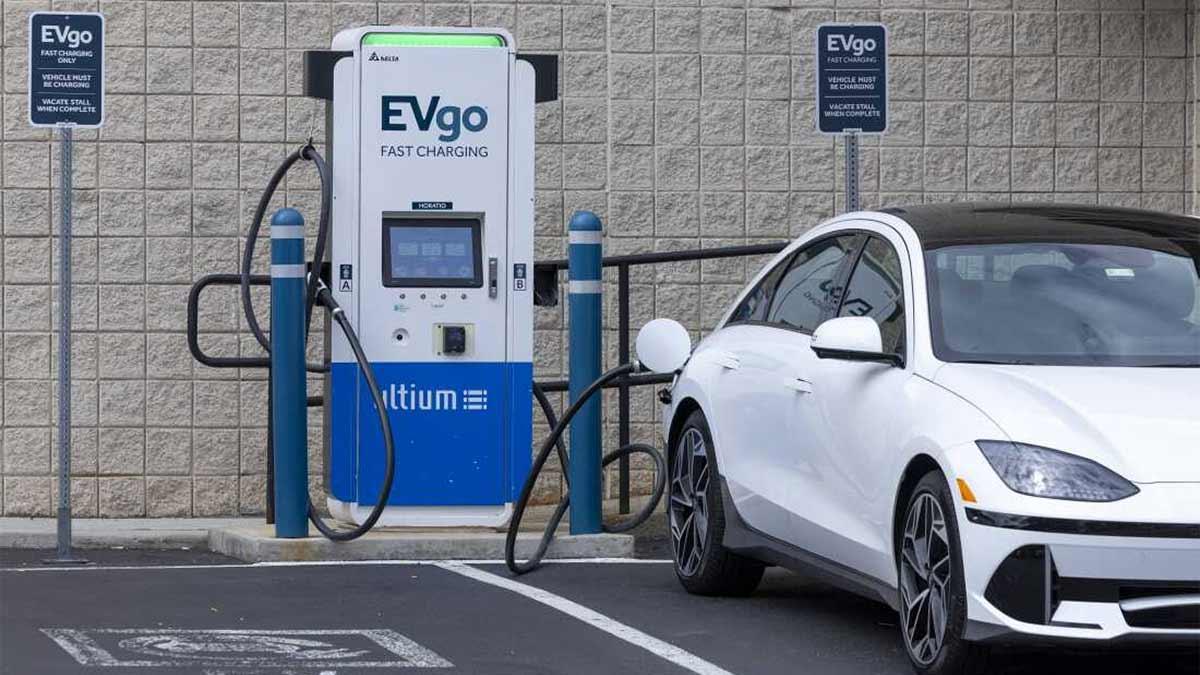Supreme Court has asked BMW India Private Ltd to pay compensation of Rs 50 lakh to a customer for delivering a spurious vehicle to him in 2009.
A bench of Chief Justice D Y Chandrachud, Justice J B Pardiwala, and Justice Manoj Misra, while setting aside an order filed by the Telangana High Court, had quashed the prosecution against the company, which had directed the company to deliver a new car to the complainant.
"Accordingly, considering the facts and circumstances of the case, we feel it proper to direct the manufacturer, M/s. BMW India Private Limited, to pay a consolidated amount of ₹50 lakhs in full and final settlement of all disputed claims. The amount shall be paid by the manufacturer to the complainant on or before 10th August, 2024 by electronic transfer of funds," held the bench in a judgment dated July 10.
It added that even if this amount is paid by the manufacturer to the complainant, the earlier high court order, which had quashed the complaint and directed the vehicle replacement, shall stand axed.
The bench explained, "The claims of the complainant shall stand duly satisfied on the payment of compensation quantified at ₹ 50 lakhs in terms of the above order.".
In its order, the bench recorded that, as per the direction of the high court, the manufacturer, as far back as June-July 2012 itself, had made an offer to change the defective vehicle with a new one but the same was refused by the complainant. "Had the complainant used the vehicle, it would have depreciated in value until date," the bench noted.
It was stated before the commission during the hearing that the complainant returned the old vehicle to the original dealer.
Even though the FIR was based on a dispute regarding the defective vehicle alone, the court felt that allowing prosecution to continue after almost fifteen years of the dispute having arisen would not serve the ends of justice. With that said, the apex court did take resort to the powers under Article 142 of the Constitution to secure ends of substantial justice by directing compensation to be paid to the complainant and at the same time upheld the high court order that discharged the complaint.
The bench has said the high court's March 22, 2012, order had come to the conclusion that the contents of an FIR would not by themselves necessarily indicate that the ingredient of the offence of cheating has been made out.
"Having come to this conclusion, there was no justification for high court thereafter to direct the manufacturer to replace the brand new BMW 7 Series vehicle. The manufacturer had filed an application for quashing the complaint under Section 482 of the Code of Criminal Procedure 1973. The question which arose was whether the high court should at all have entertained the relief of quashing," noted the bench.
The supreme court observed that the high court order was being contested by the Andhra Pradesh government and the complainant, GVR India Projects Limited, but not by the automobile companies themselves.
The bench said that it is very well recognized that the manufacturers did send communications seeking return of the old vehicle in adherence to the order passed by the high court. In fact during the further proceedings, wherein the hearings were underway the manufacturers reminded to adhere to the high court order and did send demands for return of the defective vehicle for returning a new one, the bench observed.
It was pointed out that by their advocate, the complainant through their letter dated July 25, 2012, wrote to the manufacturer and rejected any offer of a new BMW and instead required money equivalent to the value of the car plus interest.
The complainant had purchased the BMW 7 Series on September 25, 2009 but reported a major defect on September 29, 2009 after which he took it to the workshop. "As per the FIR lodged, the car is said to have faced a similar problem on November 13, 2009. On November 16, 2009, a complaint was lodged to have committed offences under Sections 418 and 420 of the Indian Penal Code 1860, which culminated in the registration of the FIR. The legal effect thereafter is that the manufacturer, Managing Director and other directors were roped in as accused," the bench said.
Read also | Mercedes-Benz Targets New Luxury Buyers in India with Entry-Level EVs
Read also | Discover Ducati's Latest Motorcycle Launch in India at Rs 16.5 Lakh


















